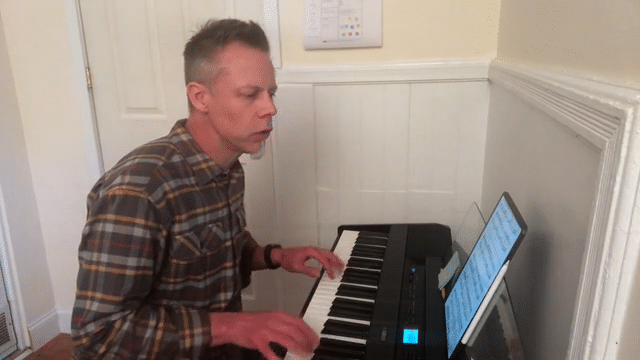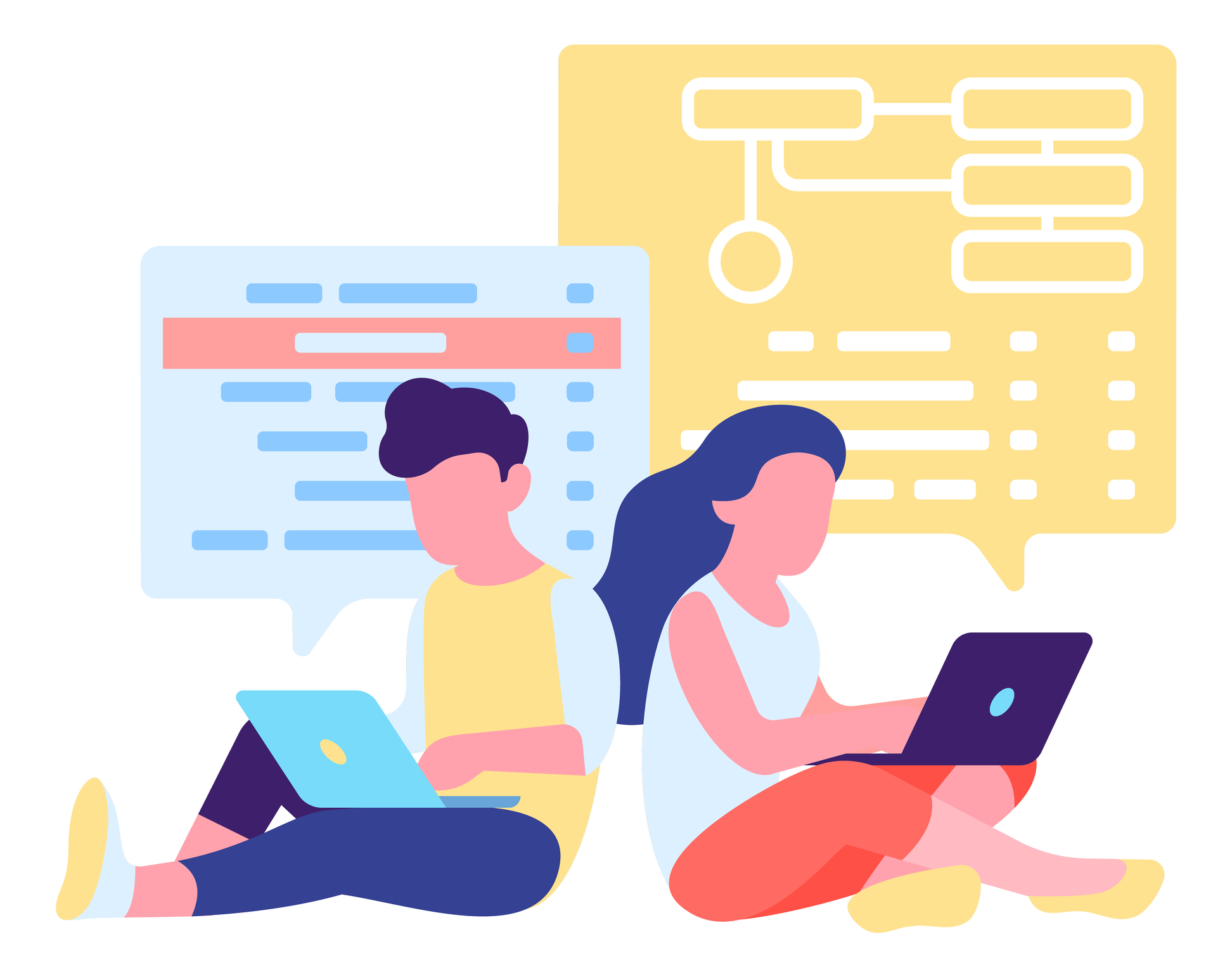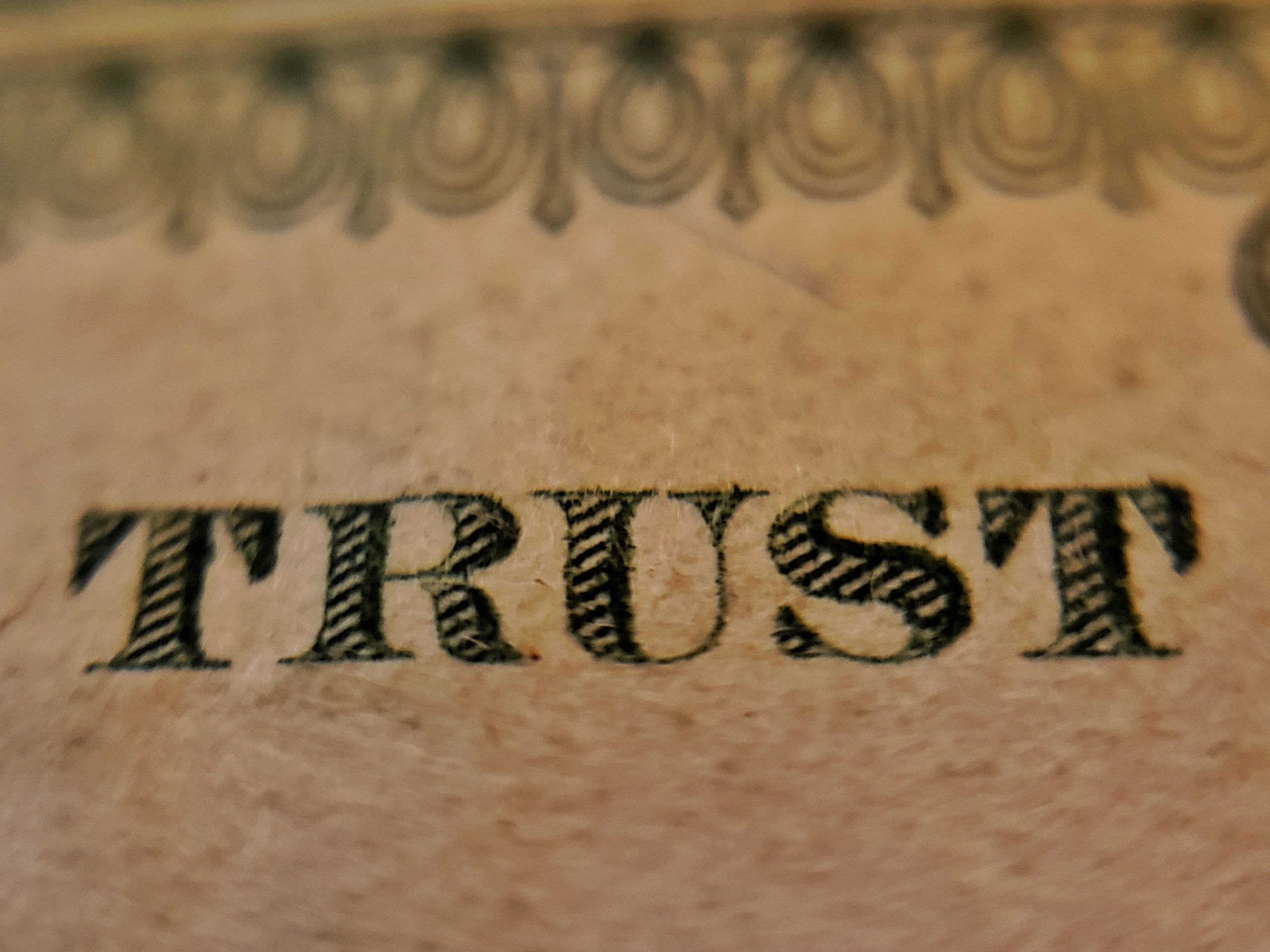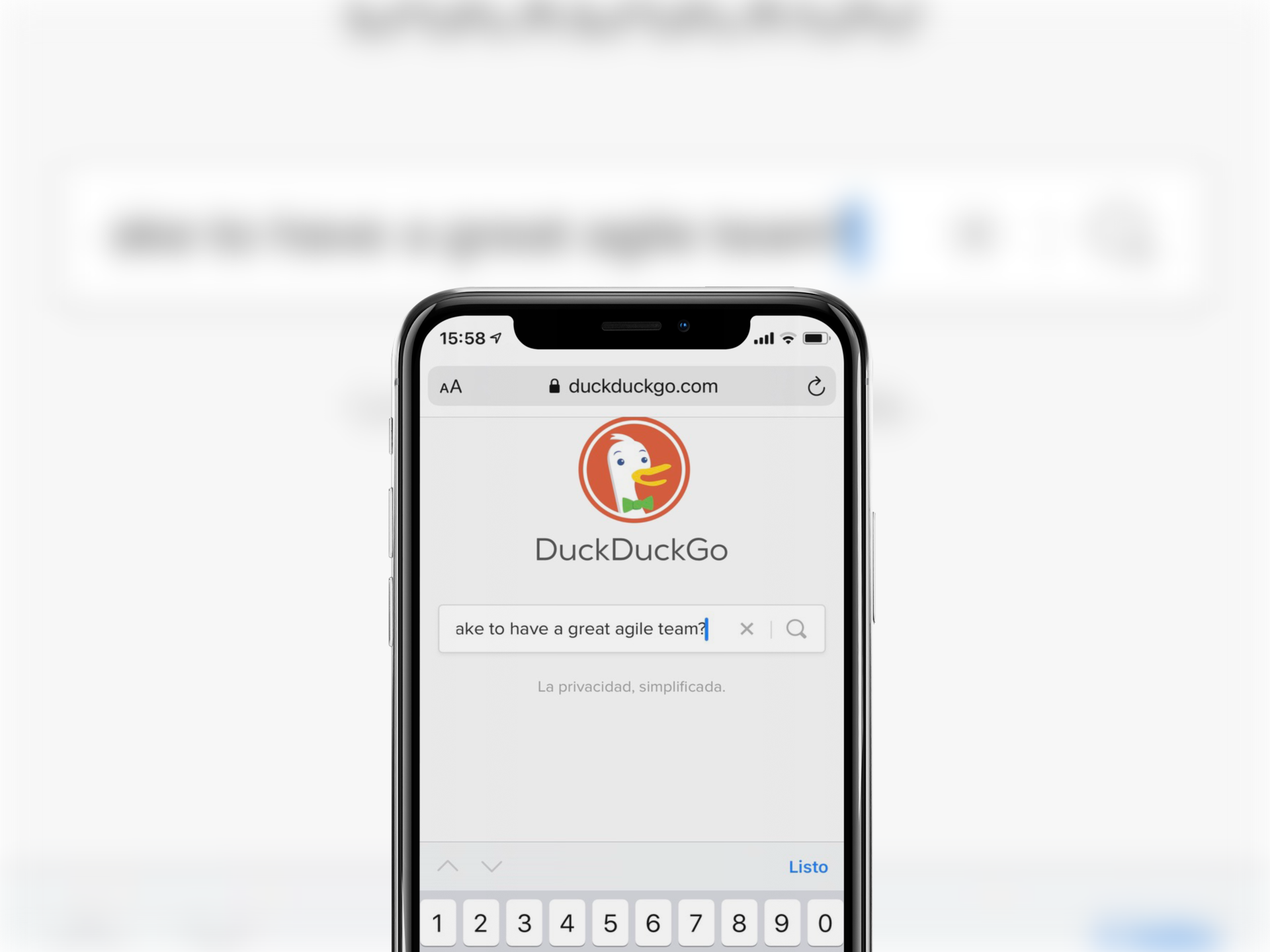
Before it was an app, “slack” was already a useful word.
As a verb, it meant to take things easy and even be a bit lazy, but the noun hints at its more exciting possibilities: an empty piece of time or space where unknown things can occur. A bit of surplus time in your schedule, a liminal buffer zone between two states of business. The place where interesting things happen.
When I look at how I spend my time now and compare it to the “before days,” there’s a lot more slack in my life. I am not travelling, dashing from one lecture to another in different cities or continents — gone are the 10 to 15 speaking gigs a month in addition to my regular classes. I am not over-scheduling, not feeling a need to pack my days with outcomes and achievements.
In these strange in-between days while the world remains in flux, my days are very different from what they used to be. I am meditating. I am making music. I am walking.
I am noticing what’s going on in the wider world and in my internal world.
Back when I was hurrying from one keynote to the next, I didn’t always have time to feel my thoughts and think my feelings, and integrate the synergy between them. That was OK because the work before me was clear. I thrived on the energy. The world was evolving and changing at a pace I could handle just fine.
When everything turned upside down, I had to rethink the ways I had been teaching and training people. I had to dig into first principles and the real lessons those decades of experience had brought, to find resilience. Without overanalyzing it, I changed my pace and slowed things down, until I found the right rhythm for the new normal — which is why my days are now so different.
I am playing piano — reactivating long forgotten skills and learning new styles. I am singing. I am meditating. I am walking. And I am working, creating at the same time… So why do I sometimes stop and wonder why it feels like I’m not working enough?
To a casual observer, a lot of what I do certainly doesn’t look like work. And it’s true, I have the great privilege of being able to work creatively using my mind. I don’t always have to trade my time for money — I’m at least a little bit free of those handcuffs (almost all of us creative people have to work for someone else at least some of the time).
Despite the great peace of mind this pattern of activity brings me, there is a twinge of guilt underlying it all. I was programmed by my parents and peers, by my education and career, to equate being busy with being effective, that getting things done is the most important thing in the world. And that the more I get done, the better.
But creativity does not happen in a vacuum. With the stimulation and space that my music and other activities provide, I am inspired. I actually do generate more and better in the time that I spend doing what most people would recognize as real work. It’s as if I am taking time for sharpening the saw, and suddenly I find new edges on the saw or better ways to use it.
I am not alone in this. It turns out that the world does not divide people into strictly artsy types and science types. The greatest minds of history were multitalented polymaths. Look at Da Vinci, Ramon y Cajal, Einstein and his violin…
It turns out that this has been known for decades. I love reading research papers. So I did what I do when I’m curious about something: I found some research on slacking off from the 1990s. The research shows that there is a correlation between science and arts, and the necessity of developing both aspects of creative thinking for success. The more research I read, the more I let go of my guilt. The creative stimulation of the arts enhances our technical work. By embracing downtime, I’m following in the footsteps of Nobel Prize winners. (According to research in the Journal of Psychology of Science and Technology, Nobel winners are more likely to have artistic pastimes.)
The combination of the technical and the artistic so often yields transformative breakthroughs. Having the scientific ability to solve a problem is not enough without the artistic competence to bring the vision to life. This applies to economics and innovation too. So many of the world’s greatest challenges today, which seem to be related to dry technical questions, demand complex solutions drawing on multiple disciplines and kinds of thinking.
I wonder if this is related to the true flow state (as defined by Mihaly Csikszentmihalyi back in the 1970s). I get into this state of flow when I play the piano, where it feels like anything is possible, and I am reactivating a connection between my brain and my fingertips I haven’t exploited for decades — and finding it’s all still there. It’s a highly meditative frame of mind, that is also similar to the mental state I used get into with taekwondo, practicing a kata/form over and over and over. Letting go of the guilt, relaxing into this state of mind.
A complex piano exercise is like a kata, demanding concentration that is simultaneously intense and delicate — continuously stretching my attention and focus, with immediate feedback and perpetual possibility. Whenever I stop to think, I make a mistake — I don’t know which note to play next. But when I relax my attention into the right space I can go on for hours and hours.
Like all deliberate practice, with enough repetition it physically rewires your brain and becomes your natural state — the same with practicing the Core Protocols in your team communications, the teaming skills we develop to be emotionally open to one another, to the point we can forget that not every team is naturally like this.
Or test-driven development. With deliberate practice, it becomes the only way you’d ever write code — because of that immediate feedback when you hit a wrong note.
And the music gets better. You write better code, you play more advanced scores. You get to the point you can riff and jam and experiment, extending things this way or that to create something brand new. It doesn’t always work perfectly, but this is where you get the serendipity of outcome.
You only get to this state when you have some slack. To doodle, to play around.
So I’m going to try not worry that I am putting in more time on my piano keyboard than on my computer keyboard right now.
And I challenge you to do the same: if you think you’re slacking, if you’re taking time out for self-care and creativity from your professional work, then recognize the good it is doing you, and the good it’s doing in the world enabling you to make better art — or code, or bread, or marketing copy, or whatever it is you do to keep the lights on.
Let your brain work in parallel, use its circuitry creatively, and light up all its different pathways. It will reward you by solving your problems while you’re out for a mountain walk or deep in a yoga session, and you might become the Einstein or Da Vinci of your niche.
Oh, and don’t make your kids choose between science and arts either. Let them learn the joy of fulfilling their creative potential and finding things to do with their own slack time.





